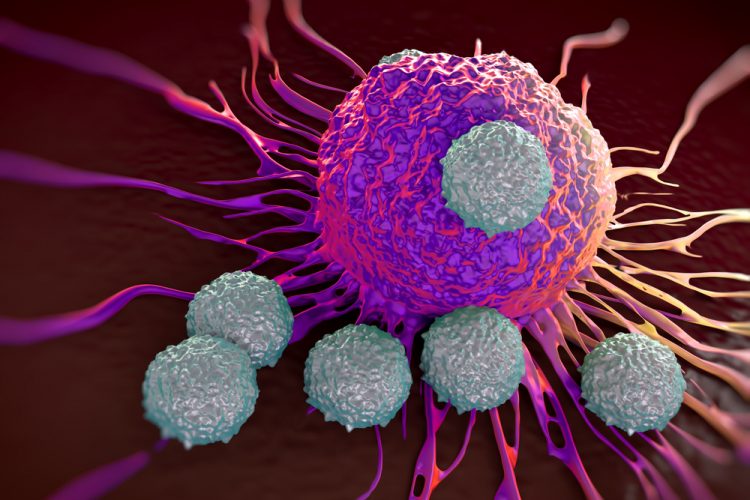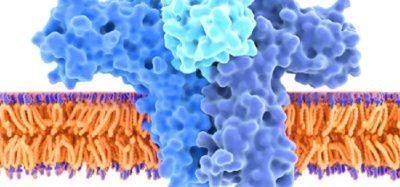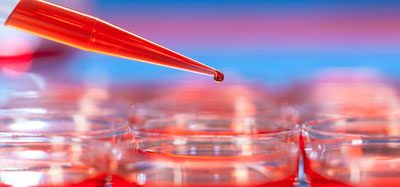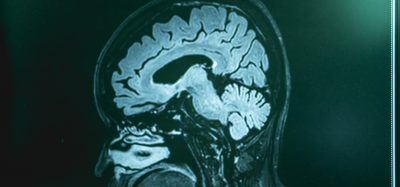RN7SL1 RNA shown to activate T cells to fight against cancer
Posted: 6 September 2021 | Anna Begley (Drug Target Review) | No comments yet
A new study found that the RNA RN7SL1 can activate T cells to seek out cancer cells, potentially improving cellular treatments.

New research from the University of Pennsylvania School of Medicine, US, has demonstrated that RN7SL1, a naturally occurring RNA, can activate the body’s own natural T cells to seek out the cancer cells that have escaped recognition by chimeric antigen receptor (CAR) T cells. The researchers believe that their findings may help improve efforts to treat solid cancer tumours.
“CAR T cells typically are like lone soldiers without backup. However, if given the right tools, they can kickstart the body’s own immune system and give them help against the cancer cells missed with CAR T cells alone,” explained co-lead author Professor Andy Minn.
According to the team, the first tool is an endogenous RNA, or RNA originating from the body’s own cells, called RN7SL1. However, when delivered to a tumour by CAR T cells, RN7SL1 mimics a viral RNA. Similar to after a virus infection, innate immune cells wake up after seeing RN7SL1 delivered by CAR T cells.
These innate immune cells can now function to stimulate the body’s T cells, mobilising them to join the attack on cancer. However, as with CAR T cells, the body’s natural T cells also need a target on cancer cells to recognise and attack. The second tool provided by the CAR T cells are foreign antigens, which are “painted” on the surface of cancer cells, thereby marking them for killing by the natural T cells.
Using mouse models, the researchers showed that arming CAR T cells with this one-two punch to recruit the body’s own immune system prevents tumour relapse even when many of the cancer cells cannot be recognised and killed by the CAR T cells alone. Engineering CAR T cells to deliver RN7SL1 and foreign antigens may therefore combat common ways that solid tumours escape CAR T cells, improving efficacy.
As well as helping to recruit the body’s natural immune system, the study showed that RN7SL1 can improve the function of CAR T cells themselves. The team stated that CAR T cells that express RN7SL1 have the additional advantages of persisting longer, infiltrating tumours better and retaining greater function against tumours.
“Strategies that simultaneously employ CAR T cells, enhance endogenous T cell function and counteract common suppressive mechanisms may offer effective combinatorial approaches to improve solid tumour responses,” co-lead author Dr Carl June proposed.
The findings were published in Cell.
Related topics
Chimeric Antigen Receptors (CARs), Drug Targets, Immuno-oncology, Immunotherapy, Oncology, RNAs, T cells, Therapeutics
Related conditions
Cancer
Related organisations
Pennsylvania University
Related people
Dr Carl June, Professor Andy Minn







